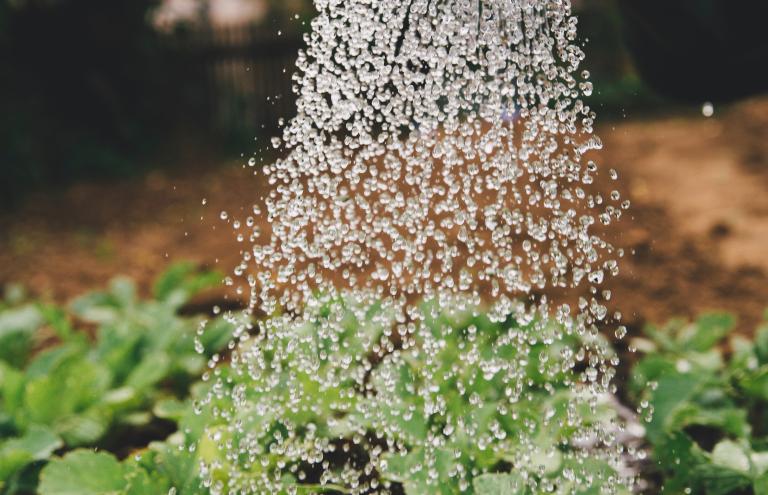How do farmers manage water?
Climate change is causing extreme weather conditions and unpredictable water availability. It is therefore essential to pay attention to water consumption.
Smart farming: not a drop too many
Thanks to smart farming, farmers receive up-to-date information about the soil. They receive notifications when the plants need water and how much, so as not to use a drop too many.
Drones can also be used for this purpose: they fly over pear orchards and autonomously assess the health of the plants and whether they need more water or, on the contrary, a little less.
Responsible use of (rain) water
The vegetable and fruit sector makes maximum use of collected and stored rainwater. Rainwater is mainly collected from the roofs and greenhouses.
Rainwater is already conventionally used in the cooling and packaging processes of fruit and vegetables. However, tap water is used for sorting processes for food safety reasons. Of course, this is done sparingly. This water is recirculated and the water quality is closely monitored. Or it is reused to irrigate orchards and fields.

Did you know that...
|